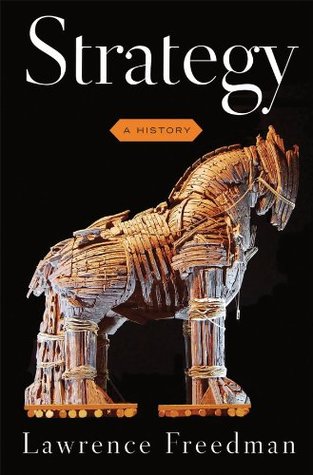In his 1885 book Elements of Pure Economics, Walras proved this mathematically, thereby setting a precedent for economic theory that would be picked up enthusiastically in the middle of the next century, particularly in the United States. Pareto gave his name to two contributions. The Pareto principle suggested that 80 percent of effects came from 20 percent of the causes. This rough rule of thumb indicated that a minority of inputs could be responsible for a disproportionate share of outputs, in itself a challenge to notions of equality.
Welcome back. Just a moment while we sign you in to your Goodreads account.


